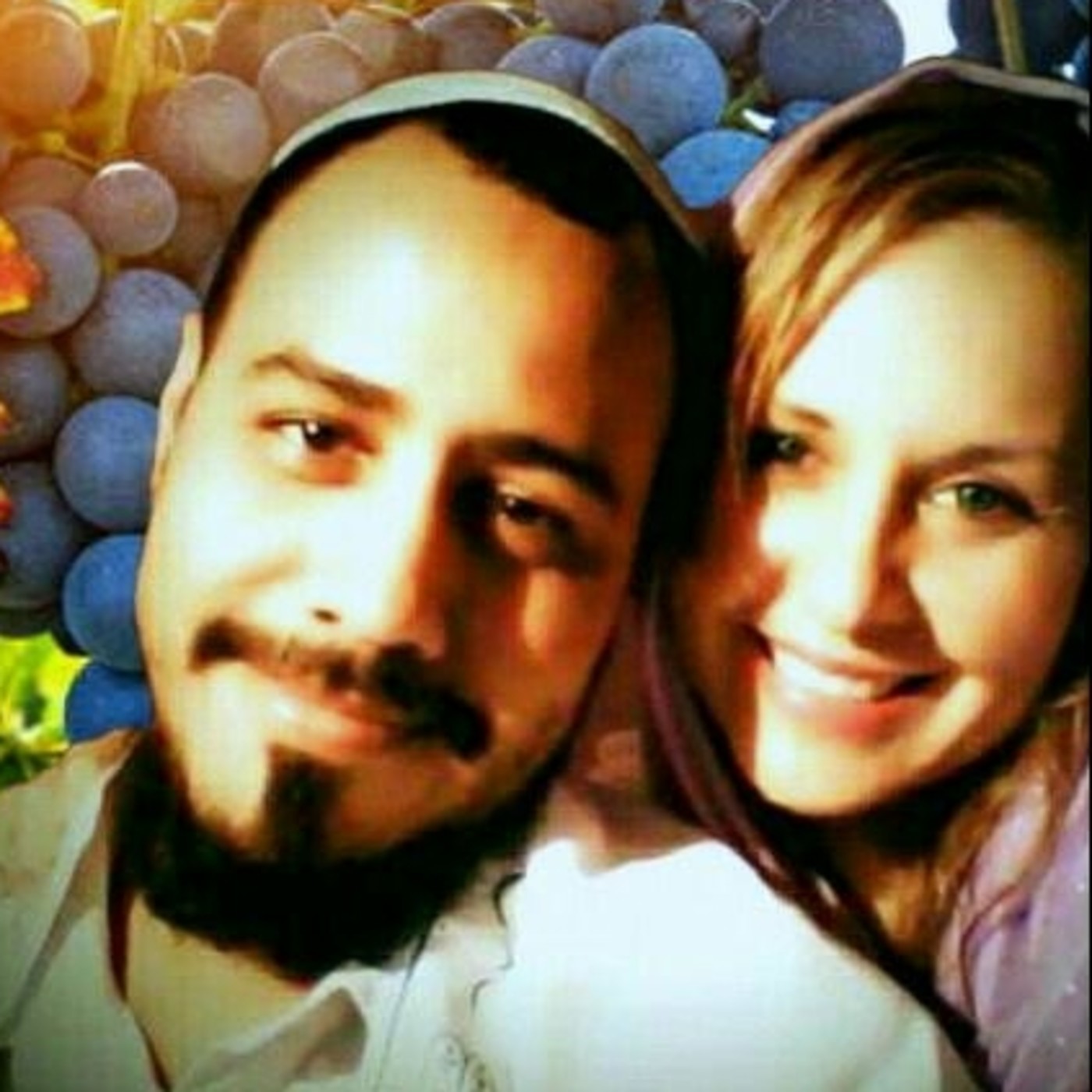Escuchar "Parashat VaYéshev en Inglés"
Síntesis del Episodio
With our parashah, we leave behind Jacob’s stories in order to focus on those that have his children and especially Joseph, the best loved and favorite son, as main characters.
For our last patriarch, Jacob, there is nothing uncomfortable or problematic in showing his preference for the son of his great love, Rachel, nor in expressing his favoritism through special treatment and chosen gifts. And as a consequence of this unequal attitude, Joseph behaves with the haughtiness particular to a “spoiled” son, stirring up feelings of jealousy, envy, and even hate among the group of his older brothers.
But everything changes one day when Jacob sends Joseph to look for his brothers, who had moved away to take care of the livestock. The brothers see him coming and agree on slaying him. When they meet, they take away the “coat of many colors” that he had received as a special gift from their father, and thanks to his oldest brother Reuben’s intervention, Joseph is not murdered but thrown into a deep dry pit, while his brothers decide what to do with him.
The story could have had a very different ending, but finally the brothers, moved by their jealousy and hate, decide to sell him to a caravan of merchants passing by, and Joseph ends up as a slave in Egypt, serving in the house of Potiphar, an officer of Pharaoh.
Of this entire well-known story in our parashah, full of envies and family quarrels, there is one detail that highly disgusts and surprises me every year. Once Joseph is thrown into the pit, and while the brothers discuss the best way to take out their revenge, the Torah tells us that they “sat down to eat bread” (Gen. 37:25). Imagining the scene, I find the brother’s degree of cruelty and insensitivity unbearable: Joseph sits at the bottom of a pit (according to the Midrash, full of poisonous scorpions and snakes), humiliated by his brothers and praying for his life, while they, however, sit and enjoy their food!
Reviewing the classic commentators, their silence before such a macabre image is surprising as well. Among them all, Sforno (Italy, 15th-16th centuries) is the only one who reports on the degree of hate of the brothers, which led them to lose every emotional tie with Joseph and allowed them to sit down to eat and enjoy plentiful food. And although I identify with the Italian commentator and have always felt uncomfortable both with the brother’s attitude and with the silence shown by the rest of the scholars, I have to acknowledge that, after a lesson taught to me by my friend Rabbi Ariel Korob Z”l, I started to accept the cruelty of Joseph’s brothers and understand that, unfortunately, there are often similar situations where we human beings react in similar ways.
For our last patriarch, Jacob, there is nothing uncomfortable or problematic in showing his preference for the son of his great love, Rachel, nor in expressing his favoritism through special treatment and chosen gifts. And as a consequence of this unequal attitude, Joseph behaves with the haughtiness particular to a “spoiled” son, stirring up feelings of jealousy, envy, and even hate among the group of his older brothers.
But everything changes one day when Jacob sends Joseph to look for his brothers, who had moved away to take care of the livestock. The brothers see him coming and agree on slaying him. When they meet, they take away the “coat of many colors” that he had received as a special gift from their father, and thanks to his oldest brother Reuben’s intervention, Joseph is not murdered but thrown into a deep dry pit, while his brothers decide what to do with him.
The story could have had a very different ending, but finally the brothers, moved by their jealousy and hate, decide to sell him to a caravan of merchants passing by, and Joseph ends up as a slave in Egypt, serving in the house of Potiphar, an officer of Pharaoh.
Of this entire well-known story in our parashah, full of envies and family quarrels, there is one detail that highly disgusts and surprises me every year. Once Joseph is thrown into the pit, and while the brothers discuss the best way to take out their revenge, the Torah tells us that they “sat down to eat bread” (Gen. 37:25). Imagining the scene, I find the brother’s degree of cruelty and insensitivity unbearable: Joseph sits at the bottom of a pit (according to the Midrash, full of poisonous scorpions and snakes), humiliated by his brothers and praying for his life, while they, however, sit and enjoy their food!
Reviewing the classic commentators, their silence before such a macabre image is surprising as well. Among them all, Sforno (Italy, 15th-16th centuries) is the only one who reports on the degree of hate of the brothers, which led them to lose every emotional tie with Joseph and allowed them to sit down to eat and enjoy plentiful food. And although I identify with the Italian commentator and have always felt uncomfortable both with the brother’s attitude and with the silence shown by the rest of the scholars, I have to acknowledge that, after a lesson taught to me by my friend Rabbi Ariel Korob Z”l, I started to accept the cruelty of Joseph’s brothers and understand that, unfortunately, there are often similar situations where we human beings react in similar ways.
Más episodios del podcast Efrayimbenshalom
Reflexion de la Parashat Vayigash 5786.
27/12/2025
_Parashat Vayigash_5786. Abraza tu destino
27/12/2025
Reflexión de la Parashat Vayeshev
14/12/2025
Reflexión de la parashat Vayishlaj
06/12/2025
 ZARZA Somos ZARZA, la firma de prestigio que esta detras de los grandes proyectos en tecnología de la información.
ZARZA Somos ZARZA, la firma de prestigio que esta detras de los grandes proyectos en tecnología de la información.
